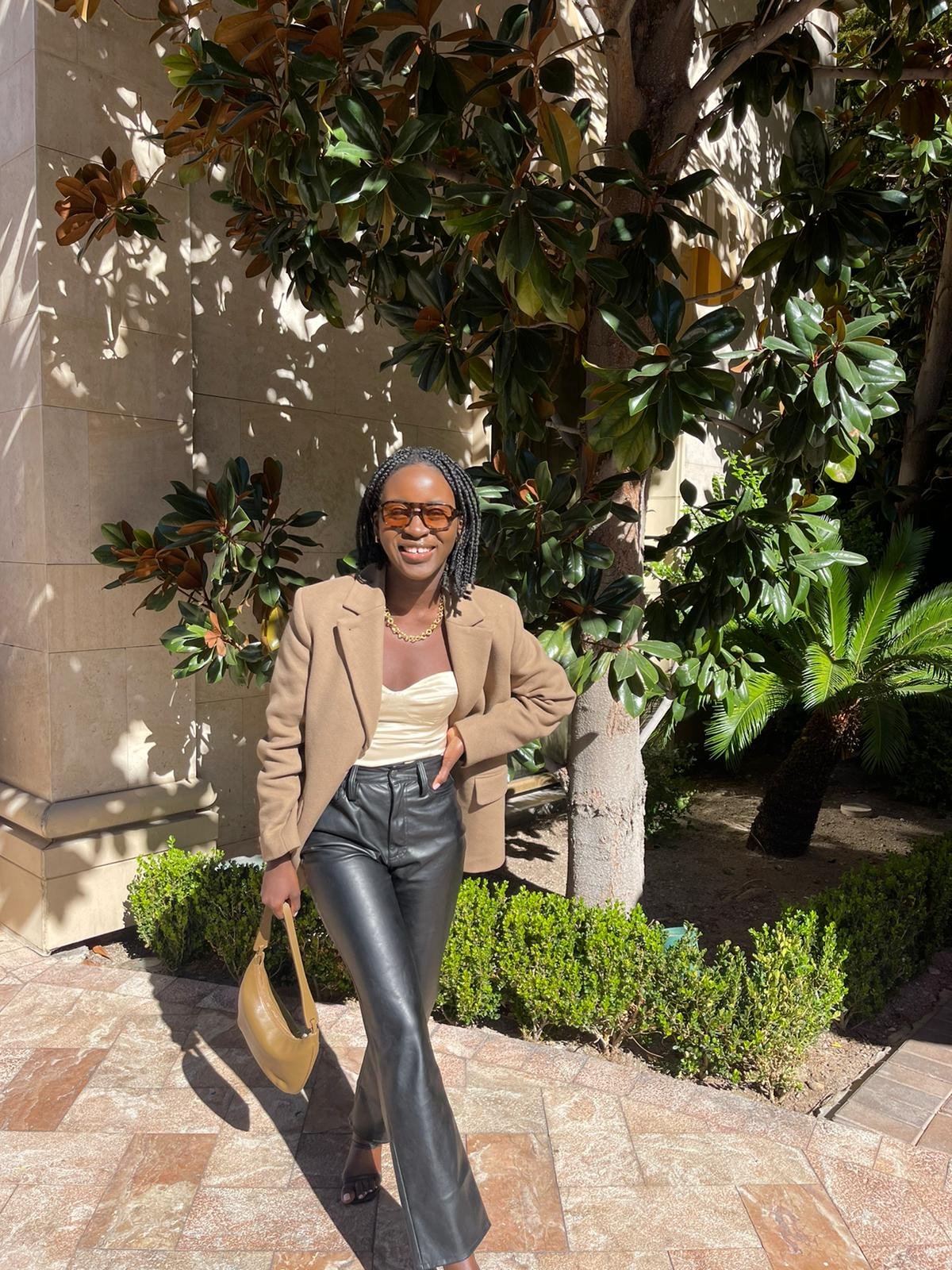Welcome back to the Haitian American Experience series. With everything currently going on in Haiti, we wanted to create a safe space for authentic conversations and we are conscious that the diaspora cannot be left out. This series has started with the goal of hearing different perspectives about the current situation and how the diaspora could offer sustainable short and long term solutions. We will also of course dive into some more personal topics in order for you to learn more about our features and their unique personalities.
Enjoy!
Hi Yve-Car! How have you been?
Lately, I’ve been pretty overwhelmed by what’s happening in Haiti. I think often about what our impact looks like when the country is experiencing so many issues. But nonetheless, I remain hopeful, especially when I receive messages from our Tribe asking how we’re doing and ways to help and support. And of course, knowing what the Kreyòl Essence team is going to accomplish balances it out.
When did you move from Haiti to the US?
Although I was born in the US, I moved to Haiti shortly after my birth and lived there until the age of 5. But I always went back for every summer vacation and time off.
Tell us more about yourself your interests and the work you do.
I consider myself a social entrepreneur! I hold a bachelor’s degree in Urban Studies from Rutgers University and started my Master’s at the University of Pennsylvania and went to complete it at Cornell University in International Development with a focus on rural agriculture. I currently work as the CEO of Kreyòl Essence, an agribusiness that creates natural and ethical personal care products in Haiti to the world.
How would you describe your passion for Haiti?My passion for Haiti is obsessive. And it’s not accepting that the country's current predicament is indicative of its future.
How is the current situation affecting you right now?
The current situation in Haiti is affecting me deeply –production, farming, and hiring all can’t function consistently. It’s also impossible to bring retailers and partners to see the beauty of Haiti which leads us to telling the story of Haiti in a different way.
From your perspective, how can the Haitian Diaspora contribute to short term and long-term change right now?
Short term, I would love for the Haitian Diaspora to keep buying from Haitian companies, this helps keep them afloat so they can keep paying their staff and feel motivated despite the situation. Each purchase is a vote to the Haitian entrepreneurs to hang in there!
Long term, we need to reimagine our political system –civic and political engagement is the greatest way to contribute change. The problems we’re currently experiencing are not just based on someone elected in office.
How do you do your part? (It's also ok if right now you don't know yet how you do your part. You can be transparent about that)
I do my part by making sure that Haiti is still on the national scene for more than its challenges through our partnerships with Ulta Beauty, Whole Foods, and JC Penney Salons just to name a few. Though, I wasn’t always a believer in NGOs being the answer to Haiti’s problems, this holiday season, Kreyòl Essence is looking at different organizations doing great work and taking care of Haitians in Haiti to donate proceeds from our Holiday sale to. They need that encouragement as well.
If you could give a word of encouragement to Haitians grieving for their country right now, what would it be?
I love this quote by Tony Robbins, “Good times create weak people. Weak people create bad times. Bad times create strong people. Strong people create great times.” I truly believe that there’s something we’re supposed to learn as Haitians that we can use to change the conditions around.
A little Haiti QnA
Favorite spot in Haiti?
Wahoo Bay! There’s a specific room I always goto that overlooks the ocean, it’s my safe space to go to for calm.
Favorite Haitian meal?
Diri kole ak tasso an sòs
Favorite Haitian alcoholic beverage?
That’s a hard one –but I'll go with 5-star Rhum Barbancourt.
Haitian item we will always find in your house?
Great question, first and foremost, lwil maskriti, followed by a varitety of Haitian art and hand-beaded Haitian purses.
3 Haitian businesses you love and support
There are so many to name! But Rhum Barbancourt, Ayabombe, and Haiti Design Co!
A popular Haitian dish you do not like 🙊
Mayi Moulen.
Favorite Haitian proverb and why?
“Dèyè mòn, gen mòn" because it expresses the ideaof humility and challenge. This reminds me that things are often more complex than what meets the eye.
Haitian song you will never get over?
Ayiti Se by the legendary Mikaben.
“Short term, I would love for the Haitian Diaspora to keep buying from Haitian companies, this helps keep them afloat so they can keep paying their staff and feel motivated despite the situation. Each purchase is a vote to the Haitian entrepreneurs to hang in there!”











